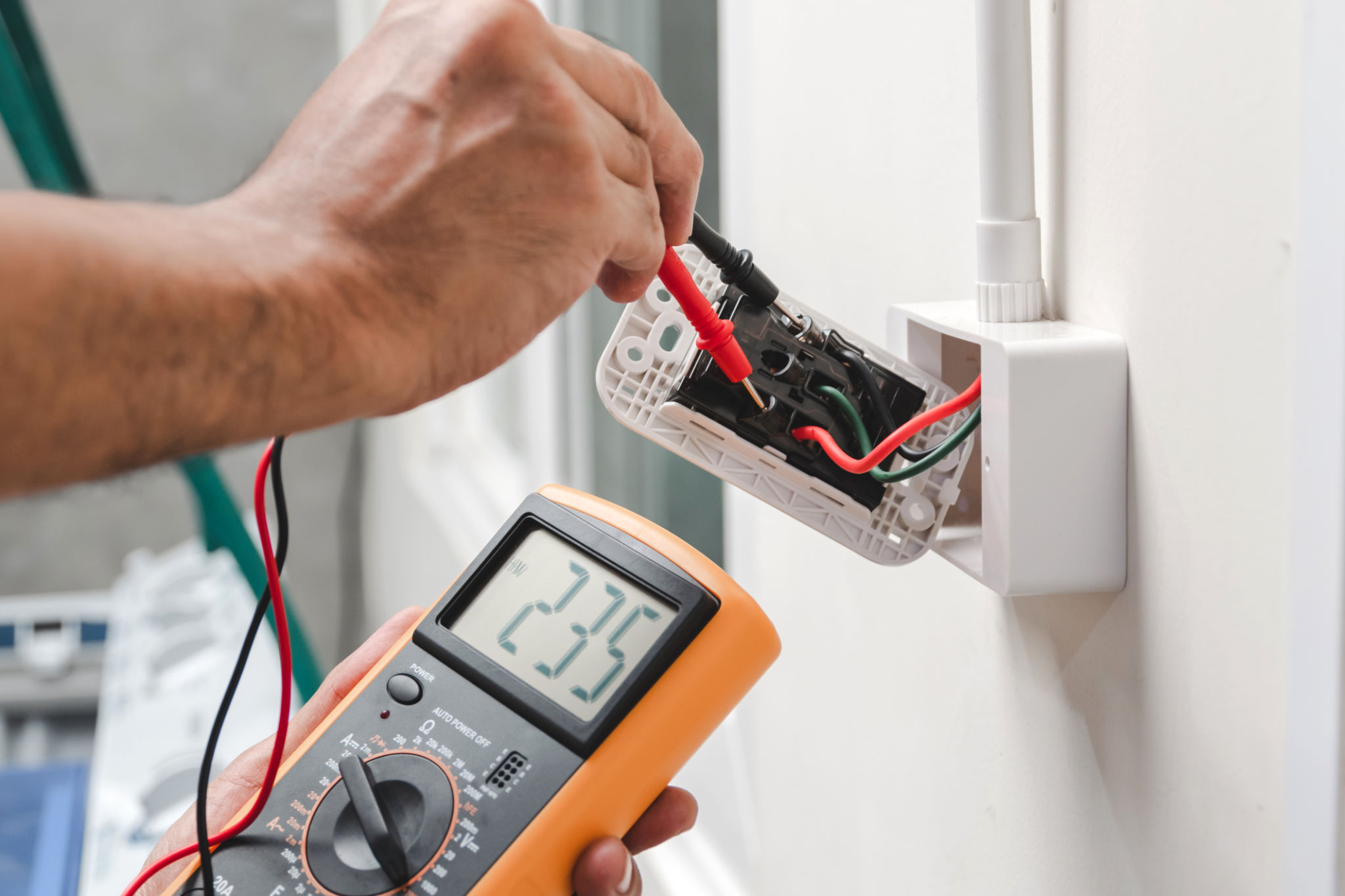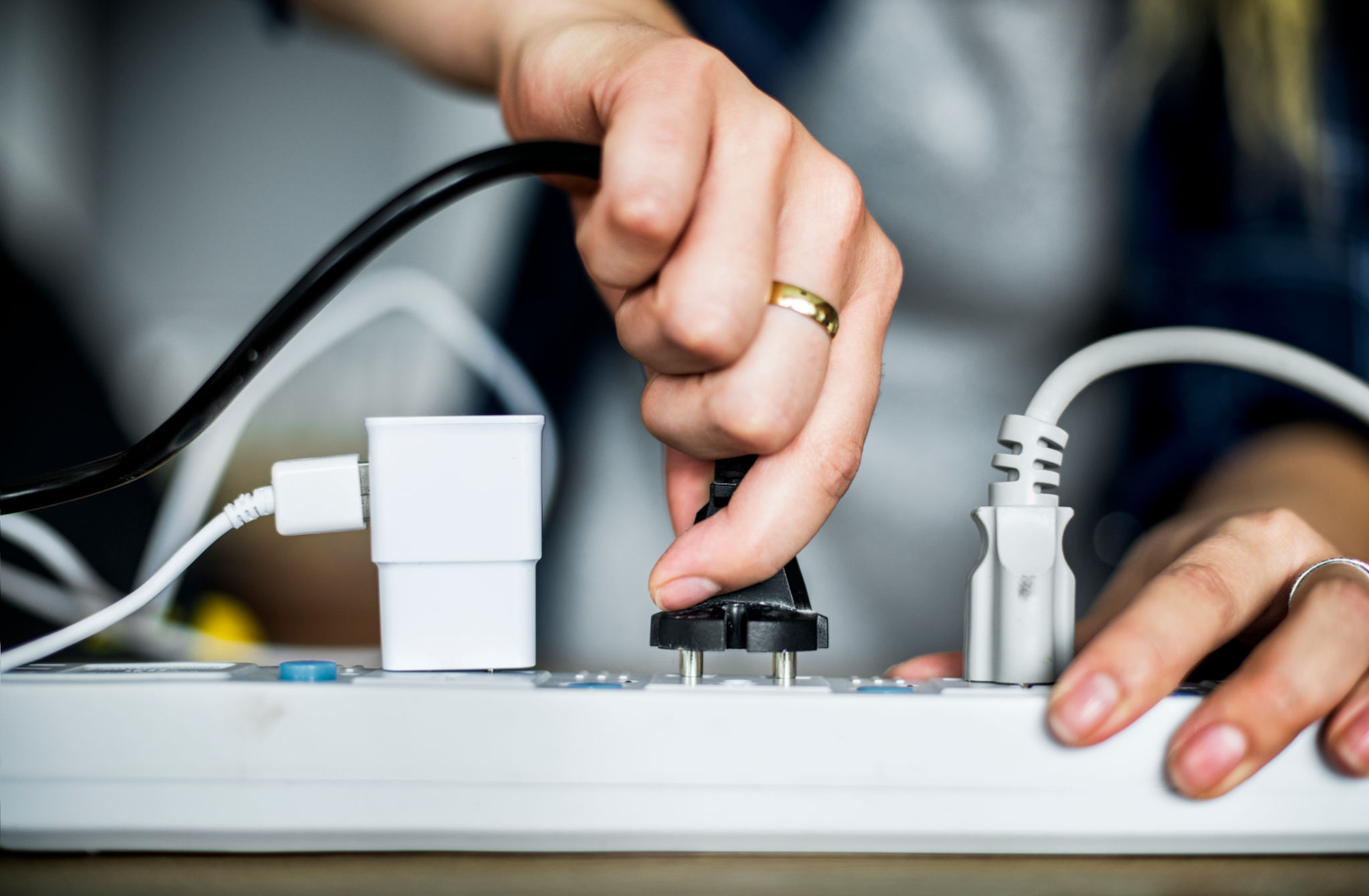Preparing Your Home for Winter: Essential Electrical Safety Tips
Inspecting and Upgrading Electrical Systems
As winter approaches, it's crucial to ensure that your home's electrical systems are prepared to handle the increased demands of colder weather. Start by having a professional electrician inspect your wiring and electrical panels. Outdated systems can pose a significant risk, especially when heaters and other appliances are in constant use. Updating these systems not only enhances safety but also improves energy efficiency.
Consider upgrading your circuit breakers if they haven't been changed in several years. Modern breakers are more sensitive and can better protect against surges and overloads. Additionally, if you have an older home, now might be the time to replace any aluminum wiring with copper, which is safer and more reliable.

Preparing Generators for Winter Use
Generators provide a valuable backup power source during winter storms that can cause outages. Before the cold sets in, test your generator to ensure it's functioning correctly. Check the oil, fuel levels, and battery connections, and make any necessary repairs or replacements. Ensure that you store fuel safely and have an adequate supply on hand.
When using a generator, always operate it outdoors in a well-ventilated area to prevent carbon monoxide buildup. Keep it dry and sheltered from the elements to ensure it runs smoothly when needed. Remember to follow all manufacturer instructions for safe operation.

Managing Heating Systems Safely
With the increased use of heating systems during winter, it's essential to maintain them for safety and efficiency. Begin by having your HVAC system serviced by a professional. This includes cleaning or replacing filters, checking for leaks, and ensuring that all components are functioning correctly.
If you use space heaters, make sure they are positioned away from flammable materials and never leave them unattended. Use heaters with automatic shut-off features for added safety. Additionally, inspect your fireplace and chimney to ensure they're clear of obstructions and in good working order.

Testing Smoke and Carbon Monoxide Detectors
Winter is a season when the risk of fires and carbon monoxide poisoning increases. To protect your family, test all smoke and carbon monoxide detectors in your home. Replace batteries as needed and ensure that alarms are placed on every level of your home, including outside sleeping areas.
For added safety, consider installing interconnected smoke alarms. These systems alert you throughout the house when any single alarm is triggered, providing extra time to evacuate in the event of an emergency.
Using Extension Cords Wisely
Extension cords can be helpful during the winter months but need to be used with care to prevent electrical hazards. Always use cords rated for the appliances or devices they are powering. Avoid overloading outlets and never run cords under rugs or through doorways where they can be damaged.
Inspect all cords for wear and tear before use. If you notice any fraying or exposed wires, replace them immediately. Remember that extension cords are intended for temporary use only; for long-term needs, consider installing additional outlets.
